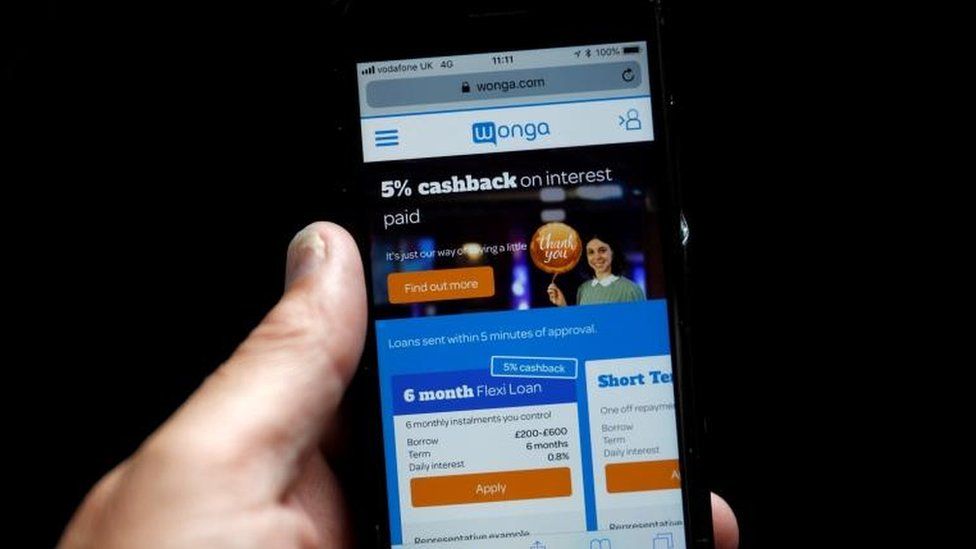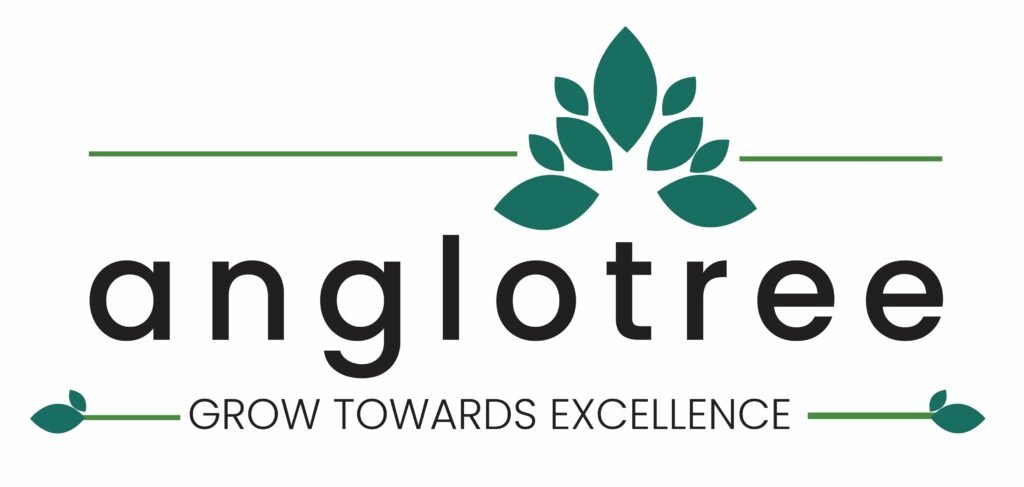Unsecured loans are a popular method of lending in South Africa. The leading players in this market are African Bank and Capitec Bank. This trend began during the global economic crisis in 2008, when many people lost their jobs. The impact continued even after the economy recovered modestly. The crisis forced most people to seek alternative ways to supplement their income. Unsecured lending was viewed as the fastest way to achieve this goal. As a result, the number of unsecured loans grew exponentially countrywide.

Unsecured loans are more flexible and require less collateral. However, they rcs loans come with higher interest rates and shorter repayment terms. These loans are also more difficult to qualify for than secured loans. In order to get approved for an unsecured loan, a business owner must be able to prove that his or her business is stable and has a positive cash flow. In addition, a credit check may be required.
Unsecured loans are ideal for people without collateral and can be used for various purposes. For example, they can be used for debt consolidation, renovating a home, paying bills, emergency purchases, and other purposes. Unsecured loans can also be used for business purposes. They are available at a higher interest rate than secured loans, but they are still a great option in many situations. So, if you are looking for a quick and easy way to borrow money, consider unsecured loans.
The interest rates charged on unsecured loans vary widely in South Africa. They can range from 225% for a one-month loan to 34% for five-year loans. One of the largest providers of unsecured loans in the country is Capitec Bank. But other large banks offer unsecured loans as well. The Reserve Bank of South Africa declined to comment. It is important to compare rates and terms before deciding on an unsecured loan.
The rise in unsecured lending has coincided with chronic household over-indebtedness. Today, nearly four percent of unsecured borrowers have impaired records, a sign of over-indebtedness. While this number has dropped significantly since 2014, it is still higher than before the unsecured credit boom started. Those affected by this problem are at a greater risk of becoming mahonisha – people who have fallen behind on their payments on all forms of credit.
The rise of unsecured lending in South Africa has been problematic for many reasons. First, it has led to an increase in over-indebtedness, extortionate debt collection practices, and a widening gap in financial inequality. Second, the industry is largely exploitative and dysfunctional. Thirdly, unsecured credit has a high rate of default. Furthermore, it is expensive compared to other forms of private credit.
The issue of unsecured loans in South Africa has been a major focus of the United Nations Human Rights Commission. Over-indebtedness affects basic household needs, socio-economic rights, and the right to dignity. In addition, many lending schemes target middle-income people, which make them vulnerable to human rights violations. Moreover, debt collection practices can also violate basic human rights.
Fortunately, there are several alternatives to unsecured loans. Funds Twenty Seven, for instance, is a company that offers money to people in Southern Africa. In addition, Funds Twenty Seven provides no-fee loans. In addition, Funds Twenty Seven also offers sameday cash advances. The company also has a customer support line if you are ever in need of instant cash.
Unsecured loans are generally short-term. Depending on the lender, repayment terms can vary from three to 24 months. However, interest rates on unsecured loans can be high. Typical rates of interest on unsecured loans range from 1% to 6% per month. It is important to note that unsecured loans do not require collateral. Therefore, people with good credit can apply for them. Alternatively, debt collection agencies may pursue individuals who default on their loans.
Unsecured loans are usually the best option for people with a good credit history and a steady income. This will allow them to qualify for stricter qualification criteria and better interest rates. In addition, they are faster to process than secured loans. Although the interest rates are higher, the loan amounts are much lower. However, they come with strict conditions. And they are not suitable for those who have bad credit or have had bankruptcy in the past.
One important thing to remember when applying for an unsecured loan is to make sure you can afford to pay it back on time. Otherwise, it will lead to a late payment fee and damage your credit. However, if you manage your monthly payments, you should be fine. And if you find yourself in financial trouble, don’t hesitate to contact your lender. They might be able to work with you to set up a payment schedule that works for you.
